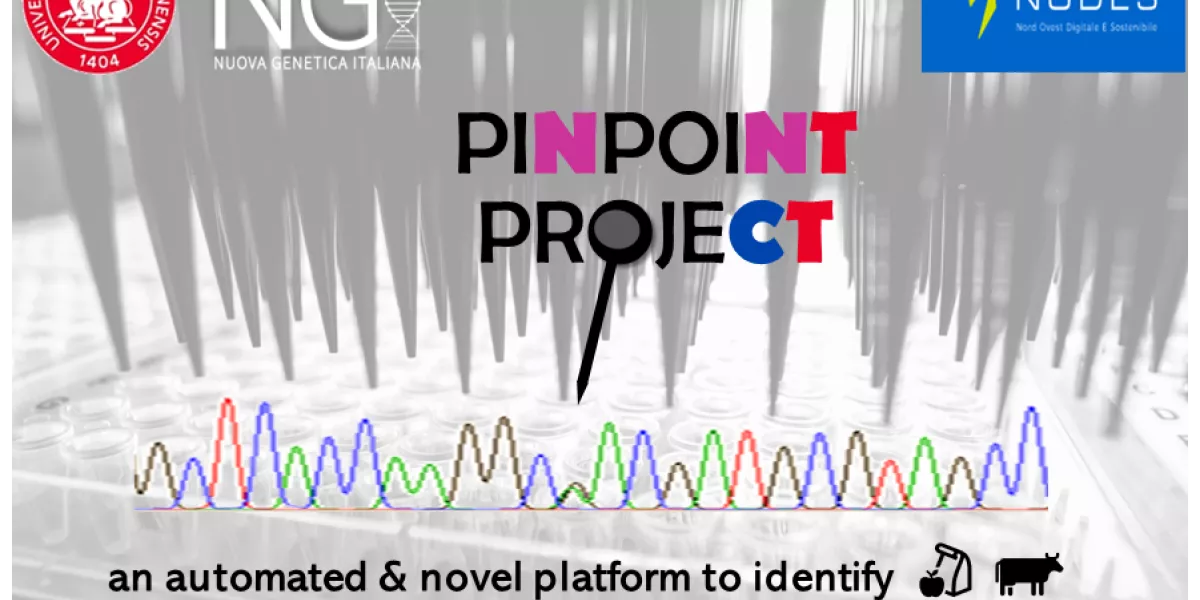PINPOINT
Platform for INnovative POlymorphism Identification in Novel molecular Target

Scheda del progetto


UNIVERSITA’ DI TORINO, Dept. of Life Sciences and Systems Biology




The PINPOINT project aims to increase the efficiency and effectiveness of varietal selection programs in agriculture with the validation of an innovative genotyping protocol, paving the way for new opportunities for the development and improvement of agricultural crops, for the production of feed and for the food processing sector. This pioneering approach is developed and validated using rye as a study model, with a significant impact on the Piedmont region. It also contributes to the production of high-quality food and to the control of food safety. Finally, the project uses cutting-edge digital technologies developed specifically thanks to the collaboration and expertise of the University of Turin.
Contacts:
Pamela Abbruscato
pamela.abbruscato@nuovageneticaitaliana.com
Matteo Chialva
matteo.chialva@unito.it
The main challenge of the PINPOINT project is to revolutionize modern crop genetic improvement programs, known as "breeding", by developing a new genotyping protocol and using rye as a development and experimentation model. The latter, used for the recovery of marginal hilly and mountainous areas, represents an element of considerable historical and strategic importance for the Piedmont region, favoring the development and enhancement of local production chains.
The PINPOINT project will bring innovation and competitiveness in technical, practical and economic terms compared to the techniques currently available: in fact, it will introduce significant innovations in modern genetic screening programs for varietal selection through the development of a genotyping protocol through the targeted sequencing of the coding regions of the genome, among others those directly involved in determining the plant's response to the environment and, therefore, also to adverse climatic conditions.
The technique, through a so-called Reduced Representation Sequencing (RRS) protocol, will allow the low-cost identification of genetic variants (insertions, deletions, single polymorphisms) in key genes such as those related to specific environmental stresses, significantly improving and facilitating the effectiveness and economic sustainability of varietal selection programs for different crops.
